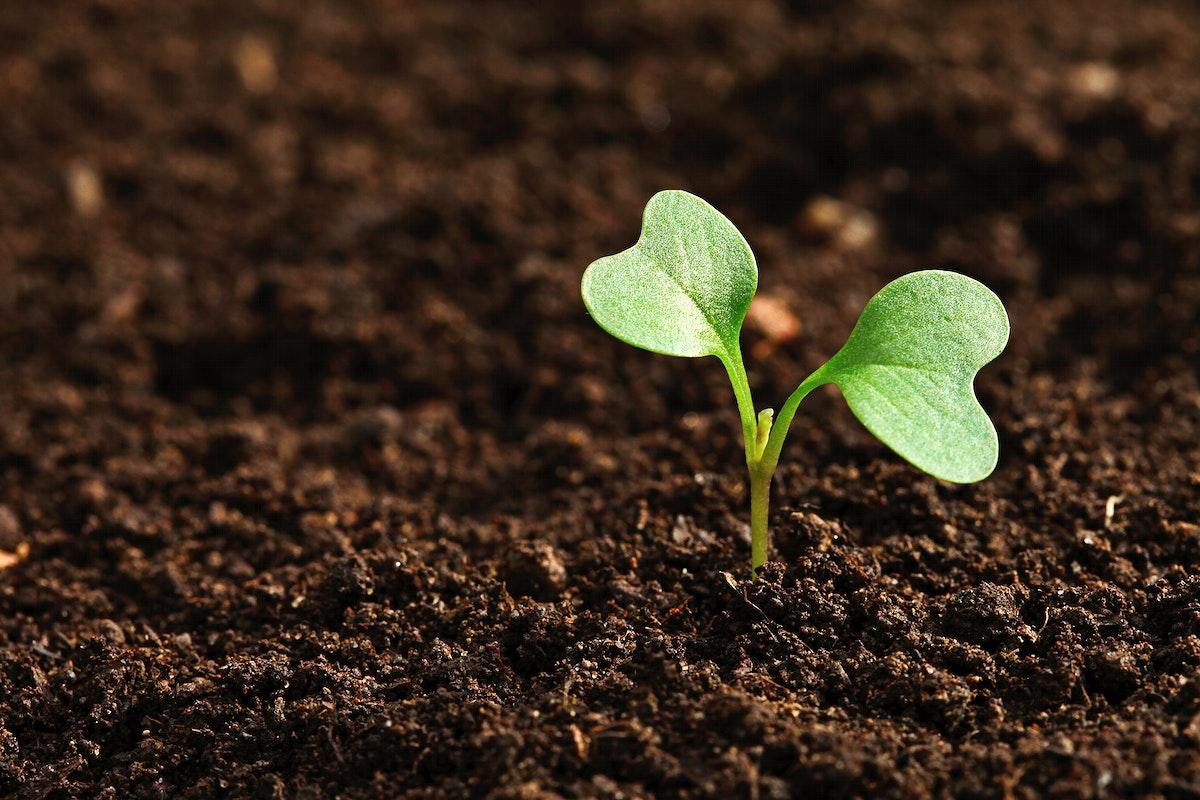
One “Rot” Thing - A Bucket Composting Lesson
by Jenny Selayro
This is the part one of the composting lesson that is aligned to the ELA standards of narrative reading and writing. In this lesson, students build their experiences by preparing the bucket composters, collecting and classifying "green" materials from their kitchen for a certain period, asking questions, presenting their data in table and graph, using technology to created their outputs and working with a group. Students will have a first hand experience of witnessing the cycle of life through the process of decomposition. They will also learn how to pay close attention to every detail of the expereince.
Lesson Grade Level
5th GradeLesson Plan Link/URL
https://docs.google.com/presentation/d/1-m3_ZUZU34LjW4DeGFB_kjyLZibzKjyF/edit?u…Subject Area
Science Life Science L2: Organisms & Energy Technology 2. Digital Citizen 6. Creative Communicator Engineering S3: Apply Mathematics to Engineering S4: Apply Science to Engineering S6: Apply Communications to Engineering Mathematics Number and Operations in Base Ten (NBT) Measurement and Data (MD) English Language Arts (ELA) Reading (Literature) Writing Speaking & ListeningRelated Content

Grades:
9th Grade, 10th Grade
This lesson plan focuses around 4 key topics, with activities for each. The plan covers renewable energy, solar energy, why solar energy is important, and what the children can do to conserve energy

Grades:
2nd Grade, 3rd Grade
Students will research a biome around the world, including 3 animals, 3 plants, and 3 nonliving parts of the ecosystem. Students will construct a diorama of the biome and illustrate a natural disaster

Grades:
9th Grade, 10th Grade, 11th Grade, 12th Grade
This STEM Argumentative Research Project engages students in exploring the scientific, ethical, and societal implications of themes in Mary Shelley's "Frankenstein." Students will work in groups to

